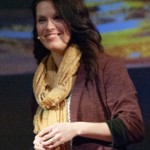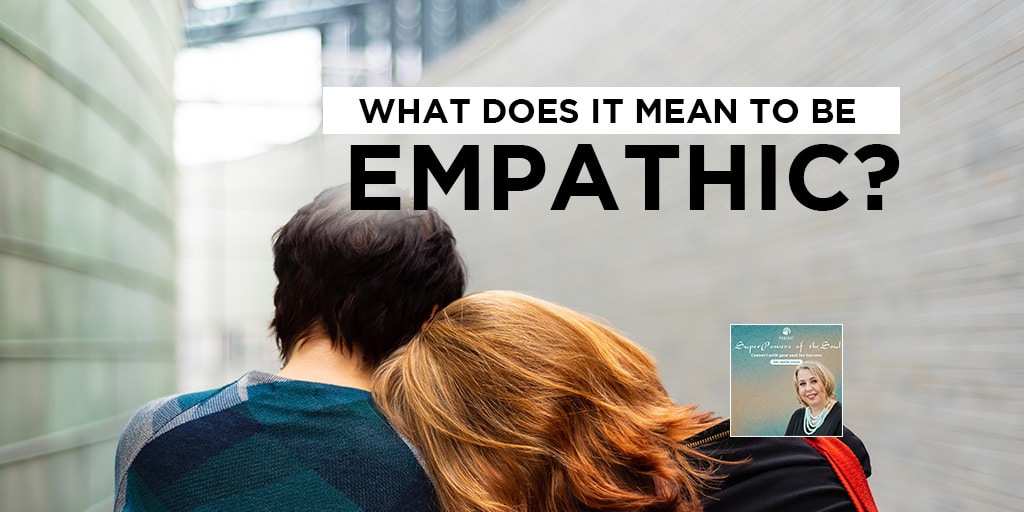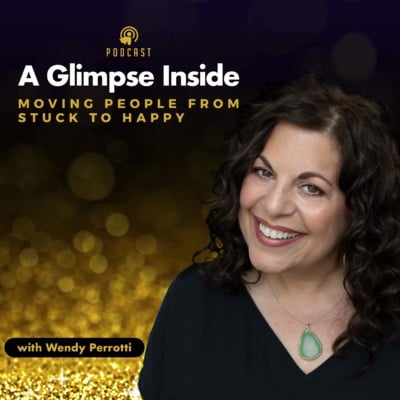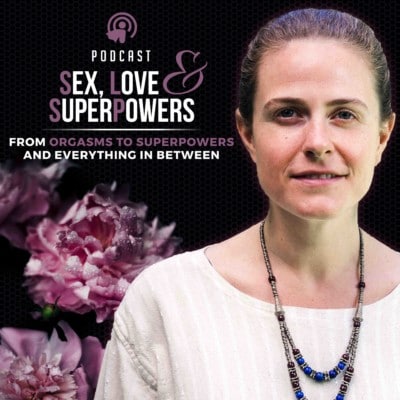
Hello everyone and welcome. This is Jennifer Urezzio and I’m a Super Power Expert, and founder of Soul Language, and this is SuperPowers of the Soul. And today I’m with Isabel Hundt, who I adore, and the topic is: what does it mean to be empathic? Welcome Isabel!
Thank you so much for having me, as always.
Yay! I always like to get everyone really understanding who you are on a soul level and as everything this house goes up. So, I really want people to understand what you consider the super power of your soul for you. I think so often, when master healers and master coaches are asked that question, they’re automatically go outside of themselves and go, “This is the way I help people,” or “This is my super power for the world,” but I really am interested in what you consider the super power for your own soul, for your benefit and your utilization.
I like how you said that in the beginning here. It’s true. I was, yeah. I mean, I’m a sociologist by trades, though. It’s always like, “Yeah, I help people. I do this and I do that.” Well, what does it mean, super power for my soul, for myself?
Well, to give a shout out to the amazing Jennifer, I have worked with her for quite a few years and I think the most significant for me are my soul languages, which are motivator, observer and conductor. And through knowing those soul language, I really have been able to identify myself as a spiritual visionary, as a spiritual prophet to a degree because, I just see the world in a different light. Sometimes when I talk to people I’m like, “Wait a second. I see now how those people over here interfere with what you’re doing right now.” And so, it’s really interesting for me to identify that as my super power, the way I interact with people, the way I work with people. All of that is based exactly on those gifts, on that super power of observation, and being a spiritual world visionary.
Yeah, I love that. We also identify everyone, the super power … the soul languages, rather, of your relationship with divinity.
Yeah.
My mission with that is pioneer. And I always go, “Oh, wait, yeah. Here I am forging a new road for myself with divinity.” And I think that’s really important, because so often we can kind of get bogged down in the, “Oh, my God, why isn’t it working for me? Why am I in struggle again?”
So, when you’re that visionary, right? It’s about, it’s really important. Like, “Oh, wait, we’re always going to be a little out in front, and that’s okay. There’s nothing wrong.” Or, “We’re not struggling. We’re just on the cusp of something new and exciting.”
Yeah. Sitting still is a bit of a struggle.
There’s this song, I forget the woman’s name, but the line is something like, I’m going to paraphrase, taking steps it’s easier. Standing still is the hardest thing to do.
Yeah.
And being in that stillness and being in that pause, and actually having to kind of sit in the knowing that you’re loved and supported, even if you’re not witnessing it or doing something about it.
Yeah.
So what do you consider your sacred purpose?
My sacred purpose. That is something that has changed so much over the years, every time. Every time I move a step forward, it seems to be changing a little bit.
My sacred purpose is, in one word, celebration, and I have been working with that for over almost eight years now. And what that really means is that no matter what is in front of me and who I work with or what the issue is, there is something to be celebrated in that. And sometimes this is difficult, because even within a hard situation, when I think about, “Oh, my gosh, okay, my sacred purpose, my life purpose is celebration. What am I supposed to celebrate in that?” Because it doesn’t feel good at all.
But having shifted this way, even when people do something to me, or when I have tough conversations, and I ask myself this question, I always go back to being able to forgive, not just myself, but those that I interact with as well. And with forgiveness comes love. You can respond from a place of love.
And so, that reminder of having celebration my sacred purpose has shifted so much every time. Every time I move a step further, every time I take myself to a new level, because the meaning just expands of that, and it often feels a little bit more challenging, the more you’re out there, to find the things that you can celebrate.
Especially being a social warrior, I look at especially social issues on a broader spectrum. Sometimes that can get really exhausting, and it’s like, “Oh, God, what do they all, like … do they all want to just destroy themselves? What is the issue? What is the problem?” But then finding that place of celebration within it, that’s the challenge for me, and it’s actually a good challenge.
Yeah. You bring up a really good point and I want the listeners to really understand that. Your sacred purpose is not really changing. Your definition and understanding of it is changing.
Yes.
And that’s the deepening, right? That’s the knowing. And if you notice, everyone Isabel didn’t talk about, she’s a coach, she’s an author, she’s a speaker. She didn’t talk about that as the sacred purpose. It was much deeper, much more of a being state, much more of something that’s kind of intangible but very tangible when you understand it. And I think that when people start to understand sacred purpose in this way, there’s a new sense of freedom, even though it might be sometimes difficult to kind of express it fully as celebration, as you’re out in that world going, “Oh my God, what are you people doing?”
And I think also, that’s part of that warrior nature of … As warriors, we can always see that kind of direction that people get to go into so they’ll be free and they’ll be closer to whatever they call their higher power, and they’ll feel more whole and complete. And we don’t understand how anyone else cannot not see it. Right? We’re like, what? Do you not see that?
Yeah.
And I think there’s this delicate balance of finding that unity within all of us and then going, “Okay, what’s my role?” And then handing the rest over to whatever you call your higher power.
Yeah. Yep. It’s tough, because especially when you’re an empath and you know it, sometimes it feels like we can’t really control anything, which is not the truth. It just sometimes feels like that. And so you find whatever you can, you think you can control, but usually that is from ego-based, and your ego like, sure, we can control all of that, and your soul is like, no, you don’t have to. It’s definitely like, ah, just I can’t just do my part and then let God do the rest? I need to do all of it.
Know in advance which we’re going to be going into more deeply after the break, but before we do our break here, tell people how to get in touch with you.
Yes. The easiest. I keep it simple, because sometimes in life, we just need things to be simple. It’s all on my website. IsabelHundt.com. You can find how to connect with me. You can send me an email through that. You can find everything about my speaking, my coaching, everything.
Great. Okay, everyone. Stay tuned, because we’re going to be talking about what does it mean to be an empathic.
To listen to the entire show click on the player above or go to the SuperPower Up! podcast on iTunes.
Podcast: Play in new window









